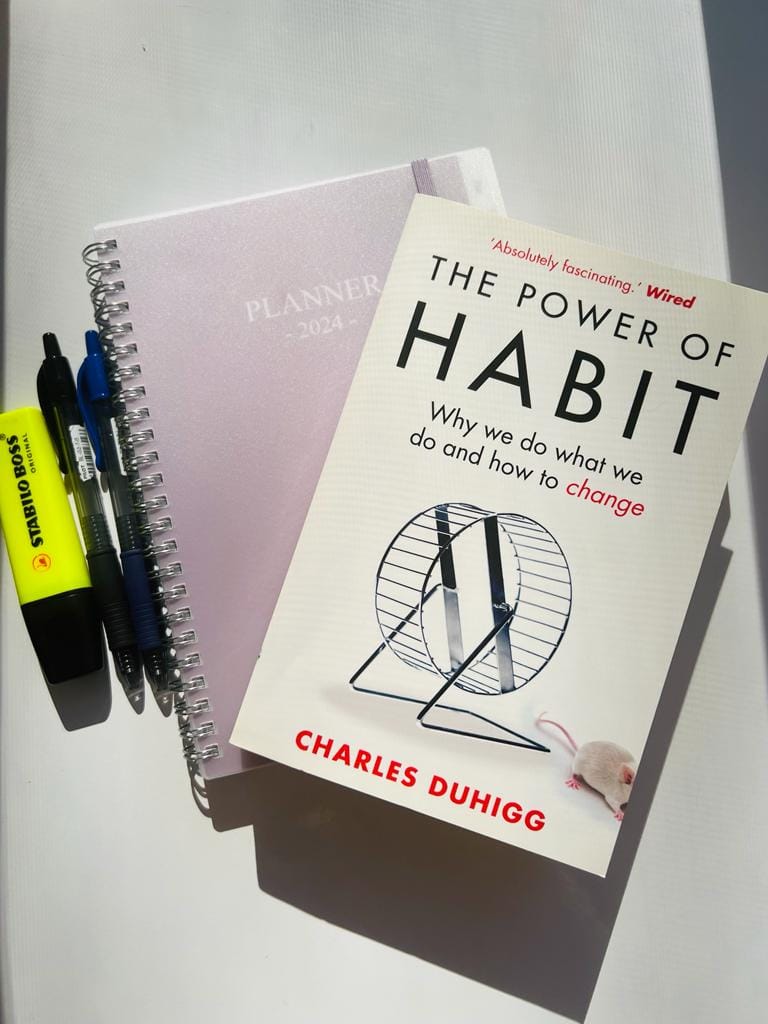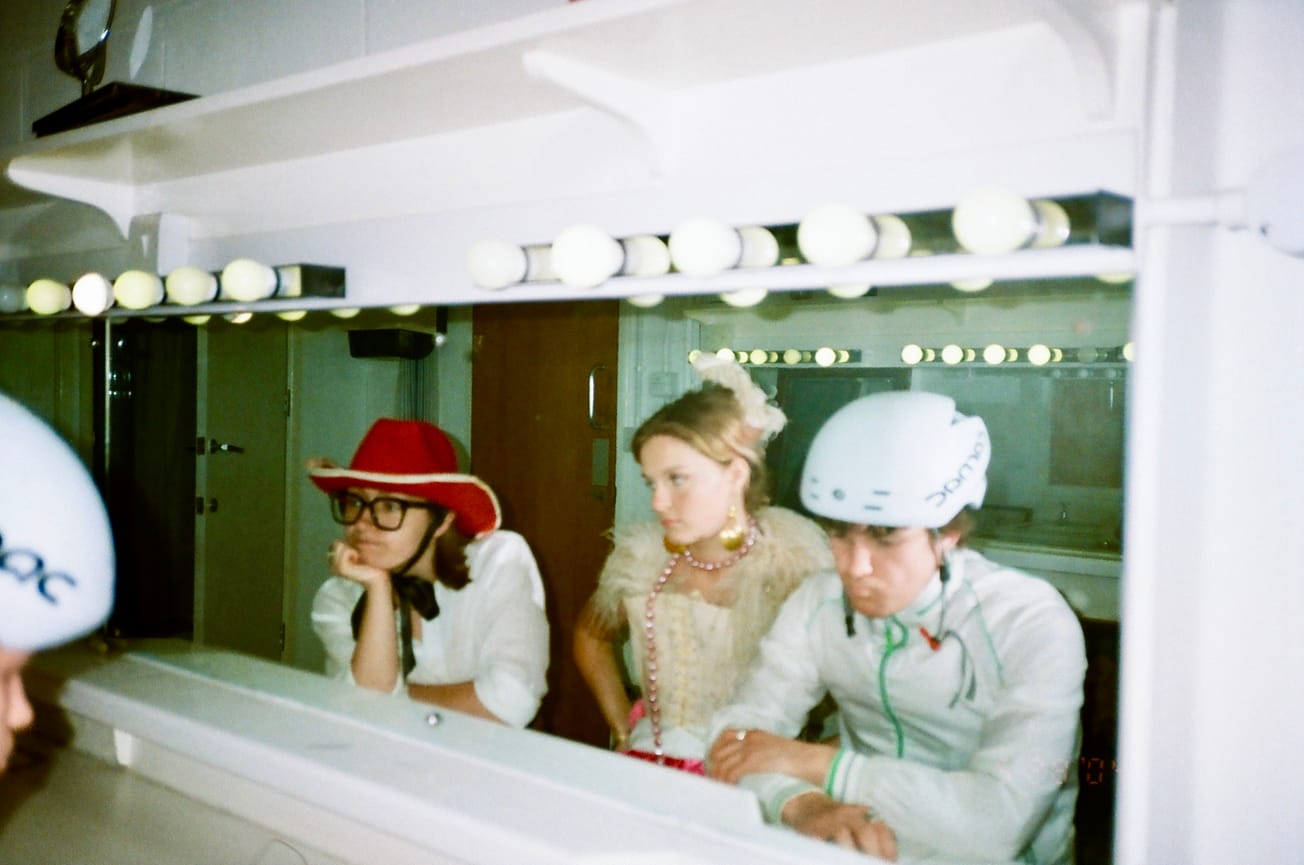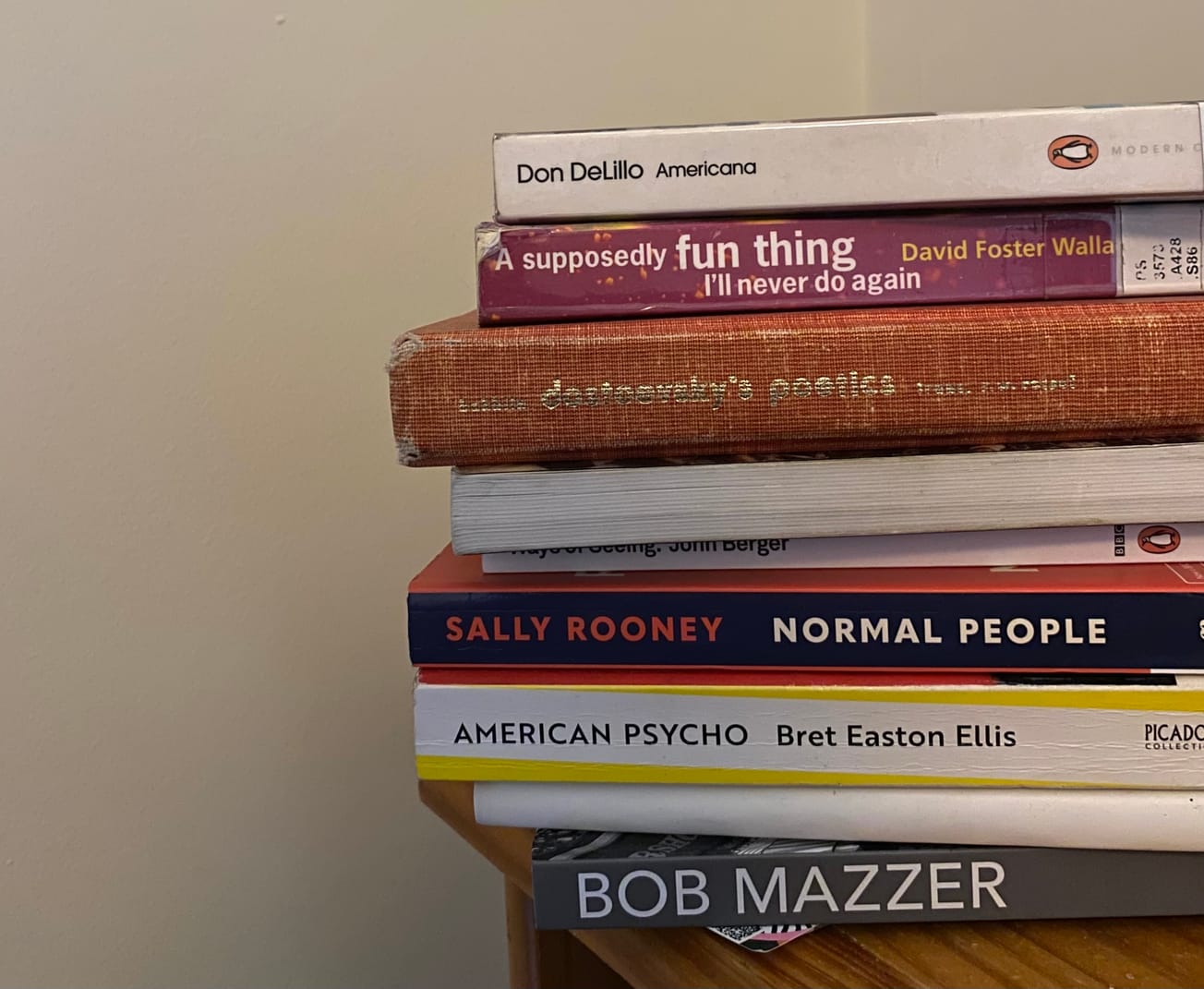By Marian Hermez, Third Year, International Business Management
Have you written a long list of New Year’s resolutions? Have you set up your brand new 2024 planner for the term ahead? Or maybe you are taking a slightly relaxed start to the new year. Either way, the new year brings about change and new opportunities, which can be simultaneously exciting and daunting at the same time. So, if one of your resolutions is to read more, I’ll help you with that by recommending some books that deal with themes of change and new beginnings so you can start the year off on a right note.
Save The Date by Morgan Matson (2018)
While this book may not immediately scream ‘new year’, seeing as it is actually set in the spring, it does have themes of change and new beginnings. The book focuses on Charlotte ‘Charlie’ Grant, a high school senior in Connecticut, who is struggling with the prospect of leaving her family behind to go off to university in September. Being from a big family and the youngest of four siblings, whom she barely gets to see, Charlie is reuniting with her siblings for her older sister’s wedding weekend. Charlie is expecting the weekend to be chaotic and fun, but what she is not expecting are the big changes that are coming her way. Not only is her sister getting married, but her mother is also publishing the last issue of her comic strip, and Charlie herself has to make a big decision about which university to attend.
My favourite thing about this book is that it is set in the span of just one weekend, and yet A LOT happens: people argue, the wedding does not go to plan and many family issues come to light. Morgan Matson manages to keep things interesting and wrap the storylines up nicely despite the short-time setting. Another thing I love is Charlie’s feelings of uncertainty about change, especially her feelings about potentially choosing a university that is far from home and having to move out. I remember having these feelings as I was starting university, and equally there are many final year students who may feel uncertain about their life after graduation. This book reminds you that it’s okay to feel this way, and that change is not always a bad thing.

The Inheritance Games by Jennifer Lynn Barnes (2020)
This next book is centered around a big change that happens in the life of 17 year old, Avery Grambs. If you were on BookTok this past year, you might have heard about this book. It focuses on Avery Grambs who suddenly inherits a billionaire’s money and his estate.
The catch? She’s never heard of this man at all, and she has to live in his mansion – Hawthorne House – for a year with his four grandsons. While this is far from a relatable experience, as it’s unlikely that any of us are going to inherit billions from a random stranger, it’s still fun to read about Avery’s sudden wealth, the sudden lifestyle changes she has to make and, of course, we want to know which Hawthorne brother she is going to choose, because how can it be a YA book without a love triangle? There’s mystery sprinkled in the novel too, as Avery and the boys try to solve riddles left by the deceased billionaire so they can figure out why he left her the money.
This is a fun read that you can enjoy while you slowly integrate back into university life. It has short chapters, too, which is a plus for me because it always makes me feel like I’m getting through the book at a faster pace!
The Power of Habit by Charles Duhigg (2012)
This can’t be a ‘New Year Book Recommendations’ list without a non-fiction self-help book that is all about changing your habits. That is exactly what Charles Duhigg’s book is about. It explains the science behind changing a habit and the framework of developing new habits, which Duhigg illustrates through scientific experiments and people’s personal stories. He breaks down the formation of habits into ‘cues àroutine à rewards’. Figuring out this loop, according to Duhigg, is important in forming good habits because then you can turn anything into habit as long as you do it consistently. Then, at this point, it’s a habit and the brain has to make far fewer decisions regarding that.
Although I rarely ever read non-fiction books, I think Duhigg’s scientific explanations combined with his anecdotal narrative style made this book easier and much more enjoyable. So, if one of your new year resolutions is to change some of your habits, give this book a read and find out how you can do that efficiently!
Featured Image: Marian Hermez
What books will you be reading in the new year?









